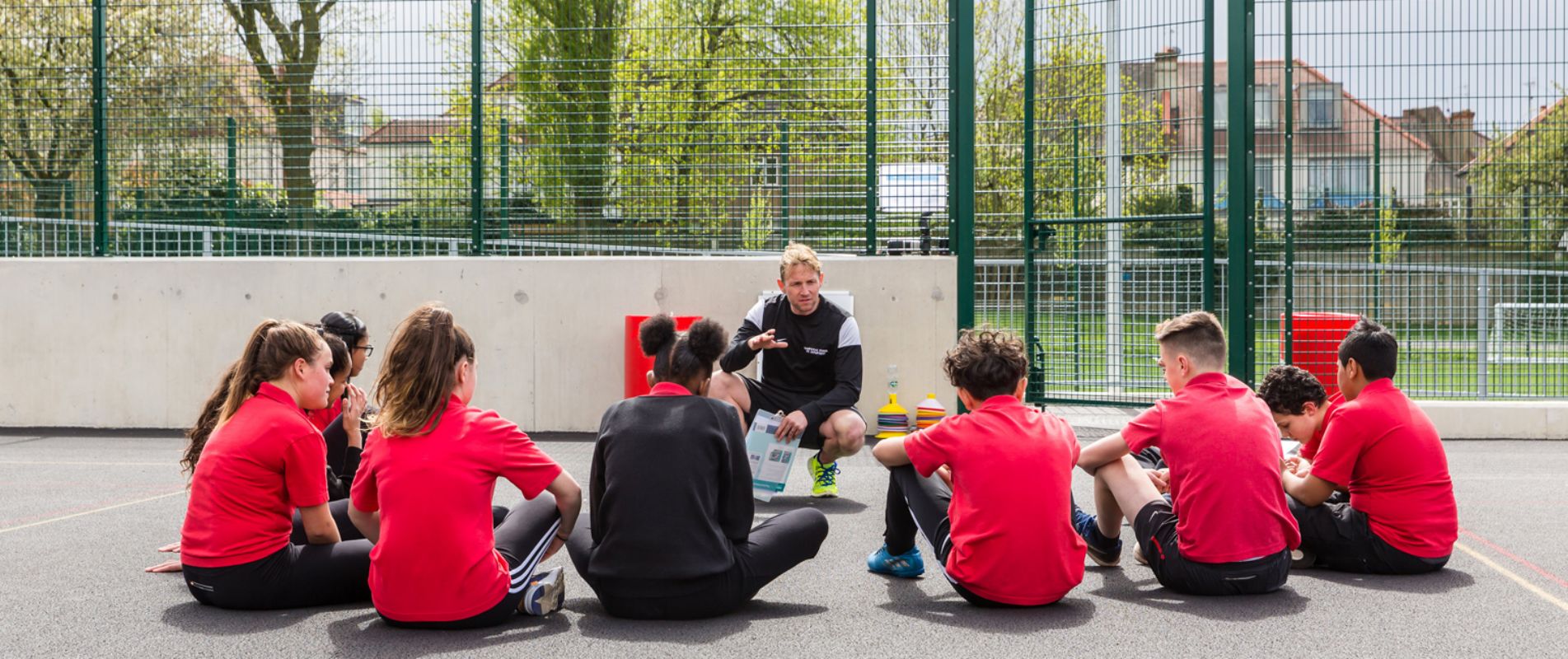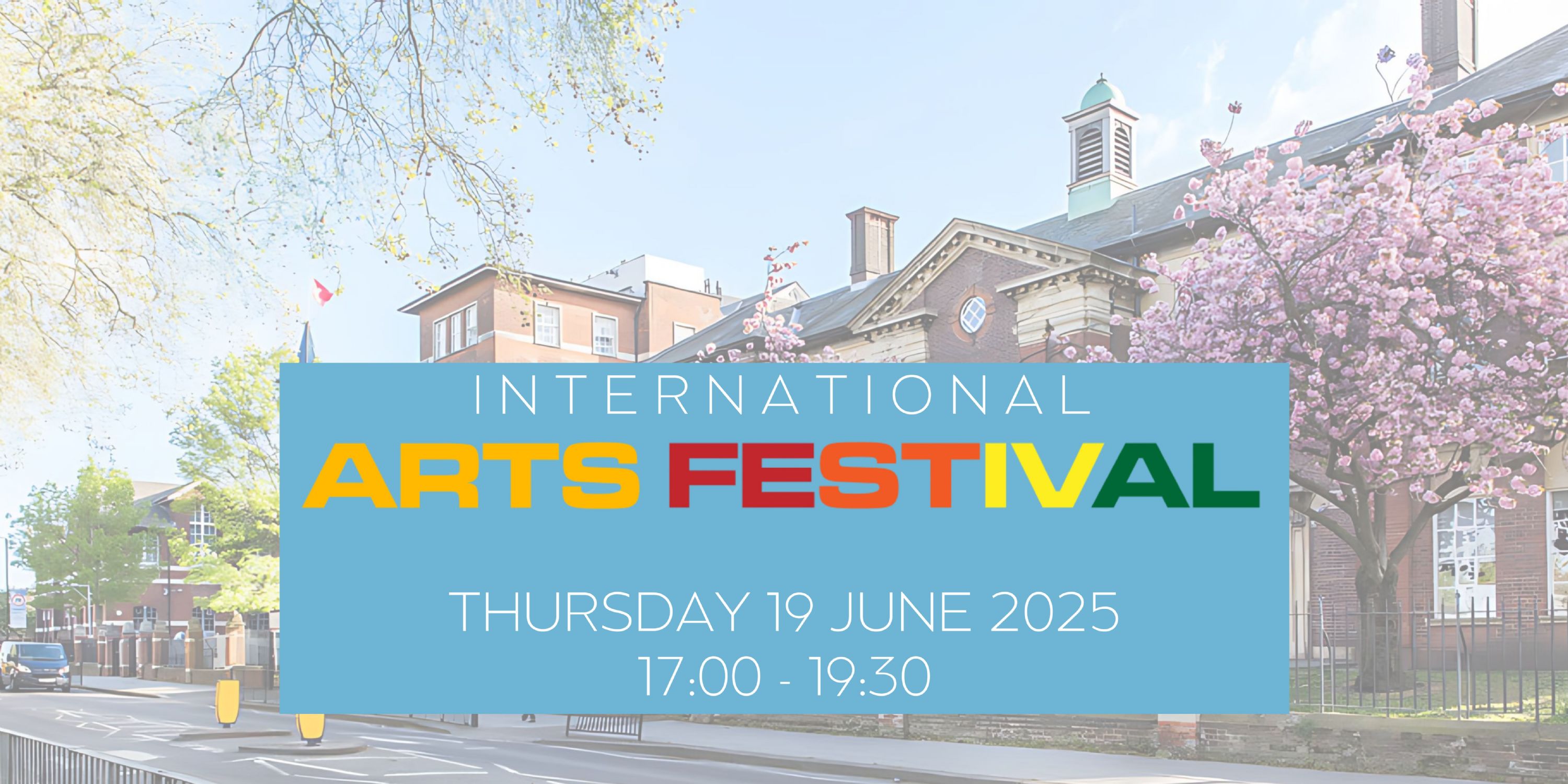ENGLISH LITERATURE
A Level
Awarding body: OCR
What will I learn?
At A Level candidates will study a total of 6-8 texts
Component 1: Shakespeare, Drama and Poetry pre-1900
Texts: Hamlet by William Shakespeare, Selected Poetry by S T Coleridge and An Ideal Husband by Oscar Wilde
Component 2: Comparative and Contextual Study American Literature 1880-1940Texts: American Literature – a comparison of The Great Gatsby by F Scott Fitzgerald, Huckleberry Finn by Mark Twain, Grapes of Wrath by John Steinbeck
Component 3: Close Reading OR re-creative writing piece with commentary AND Comparative EssayTexts: Literature post-1900 (student choice) Read three texts (poetry, prose and play) and compare whatever themes, ideas and methods you wish to pursue
What can I do at the end of the course?
Study of an English A-Level is very different from GCSE, and is good for any job that involves communication, writing and / or literary knowledge. These include: advertising and marketing, writing and journalism, law, consultancy, business, teaching, performing arts, academia, government, linguistics, foreign languages, media and design and freelance writer.
Students with an A level in English Literature have a wide range of career and higher education opportunities. English Literature can be studied as a single subject at university or combined with a wide variety of other subjects. It forms an excellent basis for studying any arts-based subjects in combination with, for example, History, Philosophy, Law, Politics, Languages or Media Studies.
ENGLISH LANGUAGE & LITERATURE
A Level
Awarding body: OCR
What will I learn?
Year 12
- Non-Fiction Written and Spoken Texts – identifying how meanings and effects are created in non-fiction texts. Writing non-fiction – apply knowledge of genre and technique
- Content of literary texts – The Great Gatsby by F Scott Fitzgerald and Rapture by Carol Ann Duffy.
Year 13
- Original non-fiction reading and writing – Down and Out in Paris and In London by George Orwell.
- The language plays – A Streetcar Named Desire by Tennessee Williams
- Reading as a writer, writing as a reader.
- Coursework/Independent Study: Analysing and producing texts.
What can I do at the end of the course?
Study of an English A-Level is very different from GCSE, and is good for any job that involves communication, writing and/or literary knowledge. These include: advertising and marketing, writing and journalism, law, consultancy, business, teaching, performing arts, academia, government, linguistics, foreign languages, media and design and freelance writer.
Students with an A level in English Language and Literature have a wide range of career and higher education opportunities. English Language and Literature can be studied as a combined subject at university or studied in isolation. It forms an excellent spring board for studying any arts-based and social science subjects. Also, the course is ideal for all our budding authors as it will give you an excellent understanding of the English Language in both scientific and artistic forms.
MEDIA
A Level
Awarding body: Eduqas
What will I learn?
Year 12 and Year 13 platforms studied:
- Advertising and Marketing
- Newspapers
- Magazines
- Music Videos
- Film
- TV Drama
- Video Games
- Blogs
- Radio
- Online Magazines
Units of Learning:
Component 1: Media Products, Industries and Audiences (exam) 35% of qualification.
- Section A: Analysing media Language and Representation
- Section B: Understanding Media Industries and Audiences
Component 2: Media Forms and Products in Depth: (Exam) 35% of qualification
- Section A: Television in the Global Age
- Section B: Magazines – Mainstream and Alternative Media
- Section C: Magazines – Mainstream and Alternative Media
Component 3: Cross Media Production: (Coursework) 30% of qualification.
- Music Videos Production
- Magazine Design
- Website Design
What can I do at the end of the course?
Career options in Media Studies are diverse. A level Media Studies will help prepare you for a future career in the industry. Media Studies students enter into further study at university level or specialist higher education schools in a variety of media industries. A level Media Studies will also provide opportunities for a future within film, music or gaming industries, news reporting, either as a journalist writing for print and online publications, or perhaps as a researcher or presenter within the television or radio sectors, advertising, marketing and public relations as well as graphic design, web-design, photography and education and research.
FILM STUDIES
A Level
Awarding body: Eduqas
What will I learn?
- Hollywood Film 1930-1990
- American Independent Film
- British film European Film
- Global Film
- Documentary Film
- Silent Film
- Experimental Film
- Short Film
- Film Production (Production work is a crucial part of this specification and is integral to learners' study of film)
What can I do at the end of the course?
Did you know that every nine days, as much moving image is uploaded to YouTube as the BBC has broadcast in its entire history? Employment in the screen industries has grown by over 20% since 2009 and will substantially outpace the economy wide increase of 3% if the skills shortages in this area are fulfilled.
Career paths for students of Film may, of course, include practical avenues such as Film-Making, Directing, Producing and Editing but a qualification in Film Studies also allows you to move into more theoretical pathways such as Film Criticism, Journalism, Teaching and Education.
Studying Film enables you to see the world in a different light and develop a wide range of transferable skills for further education, work and life:
- Creative Thinking
- Critical Thinking
- Emotional Intelligence
- Film Analysis
- Textual Analysis
- Communication
- Research skills
- Literacy
- Technical competencies (i.e. film editing)
Students of Film Studies are the students of the future, gaining the skills needed to develop successful careers and great academic minds.


